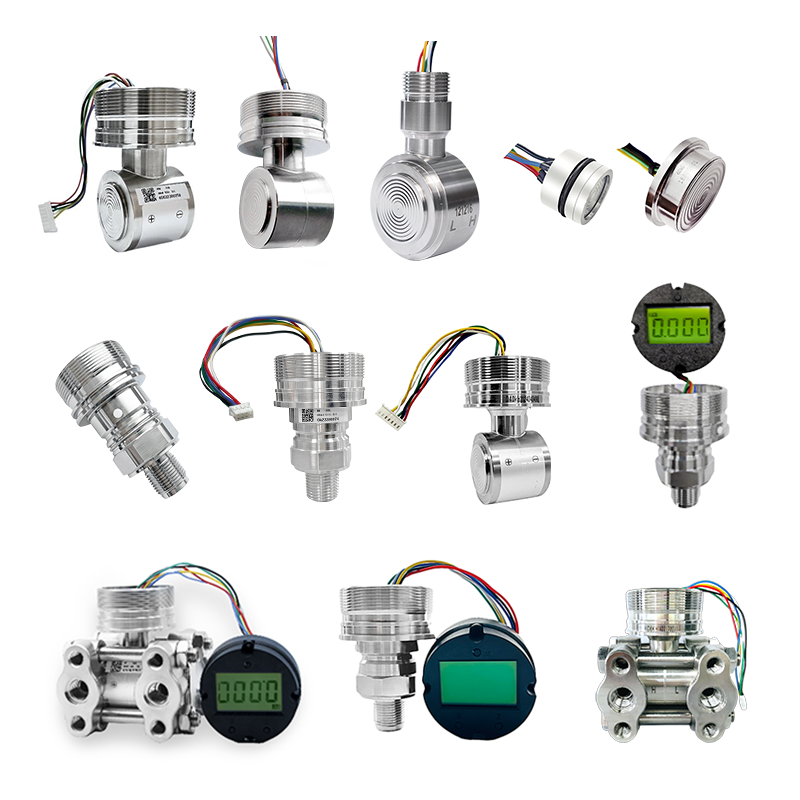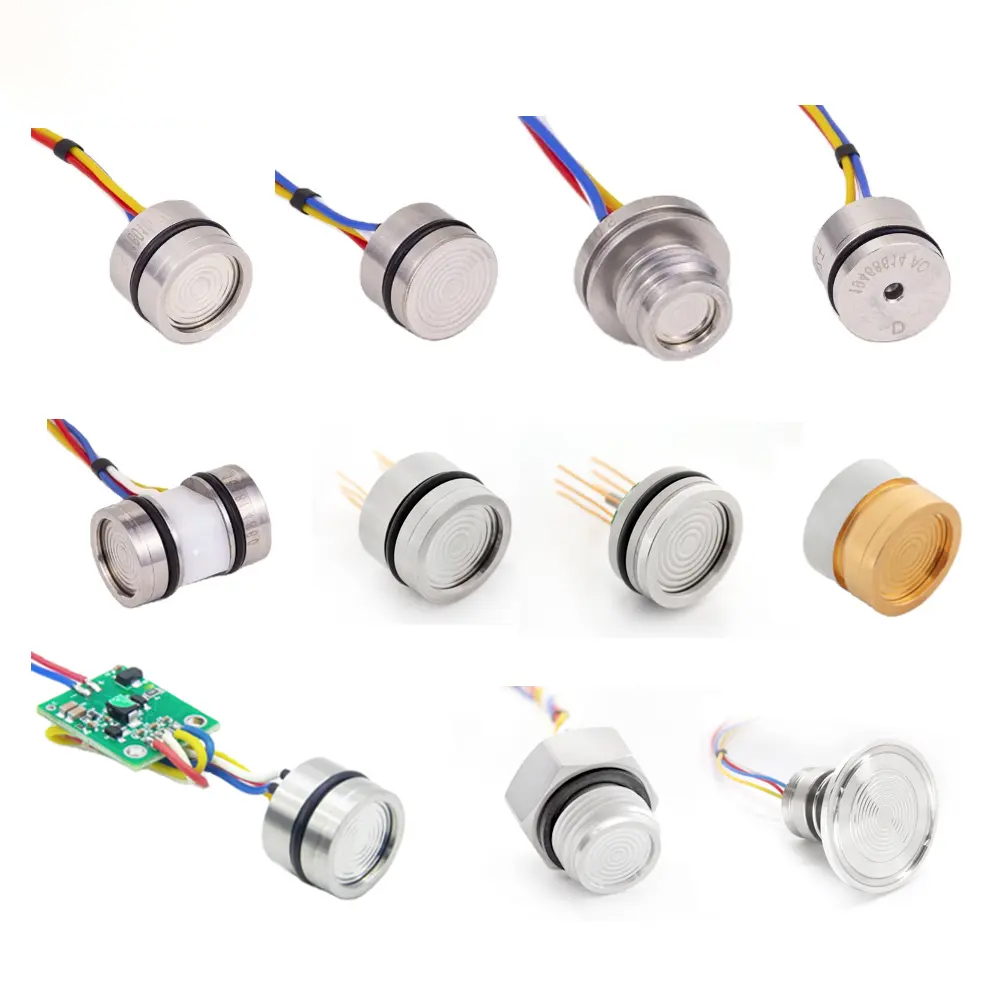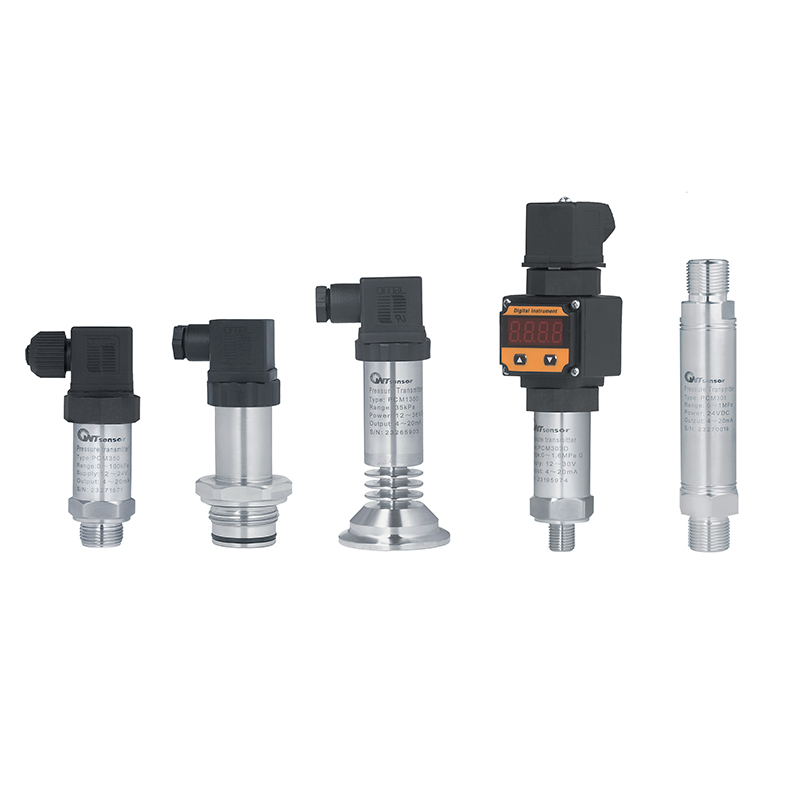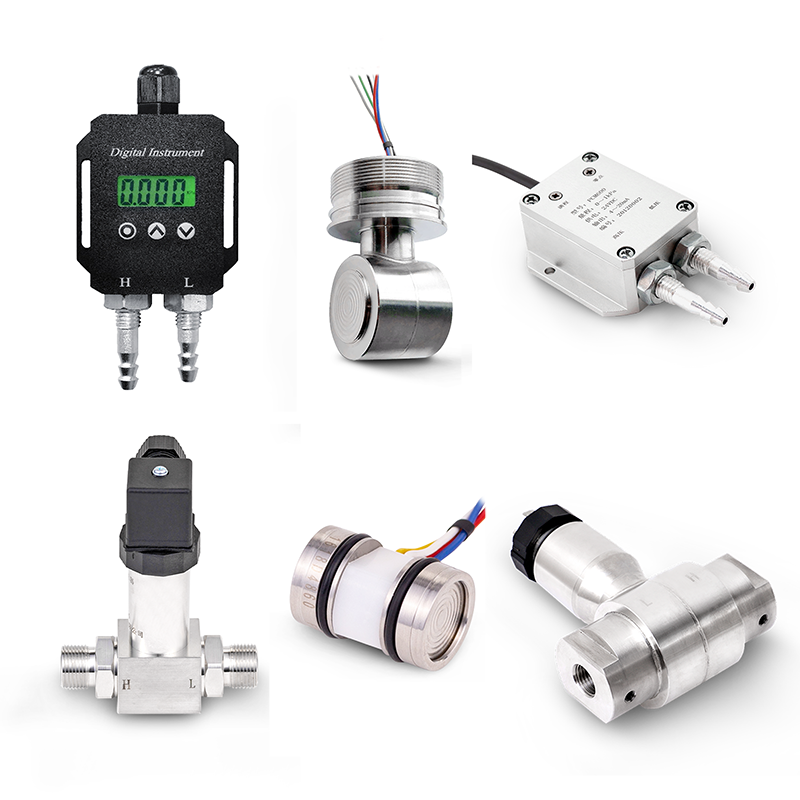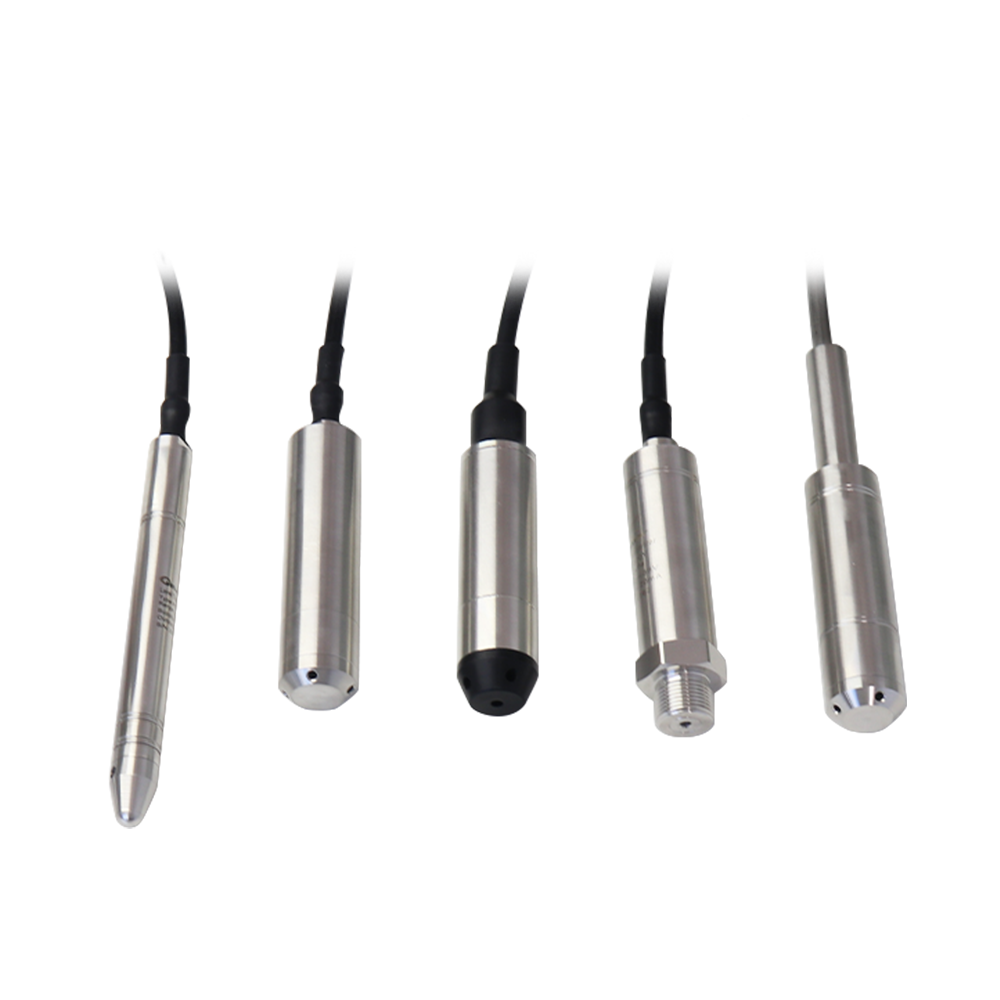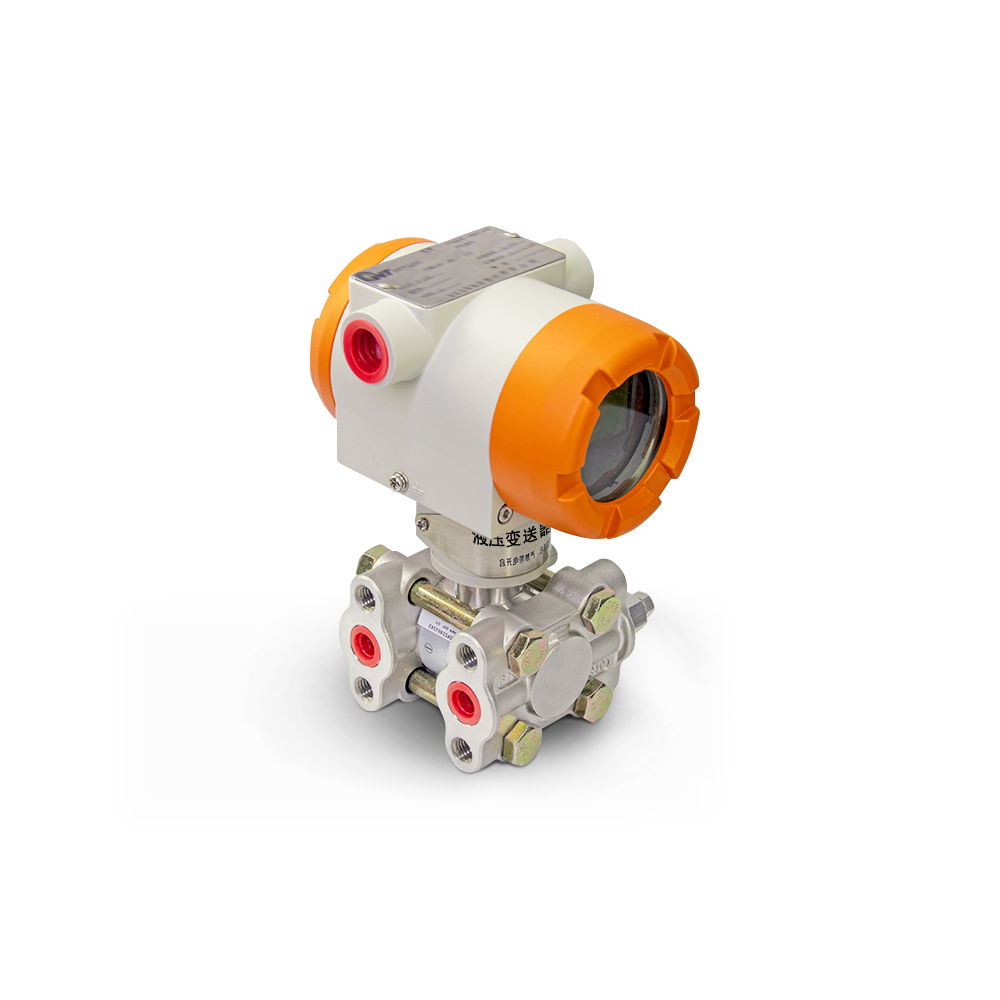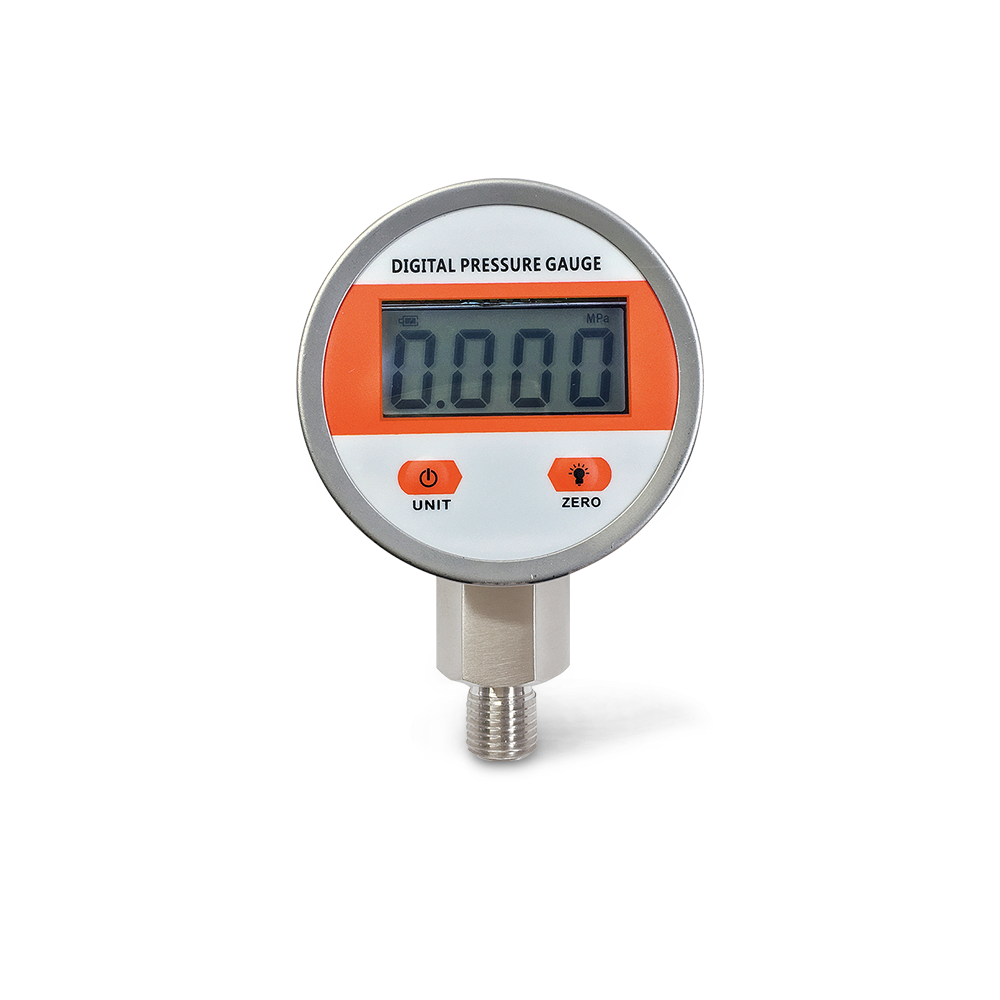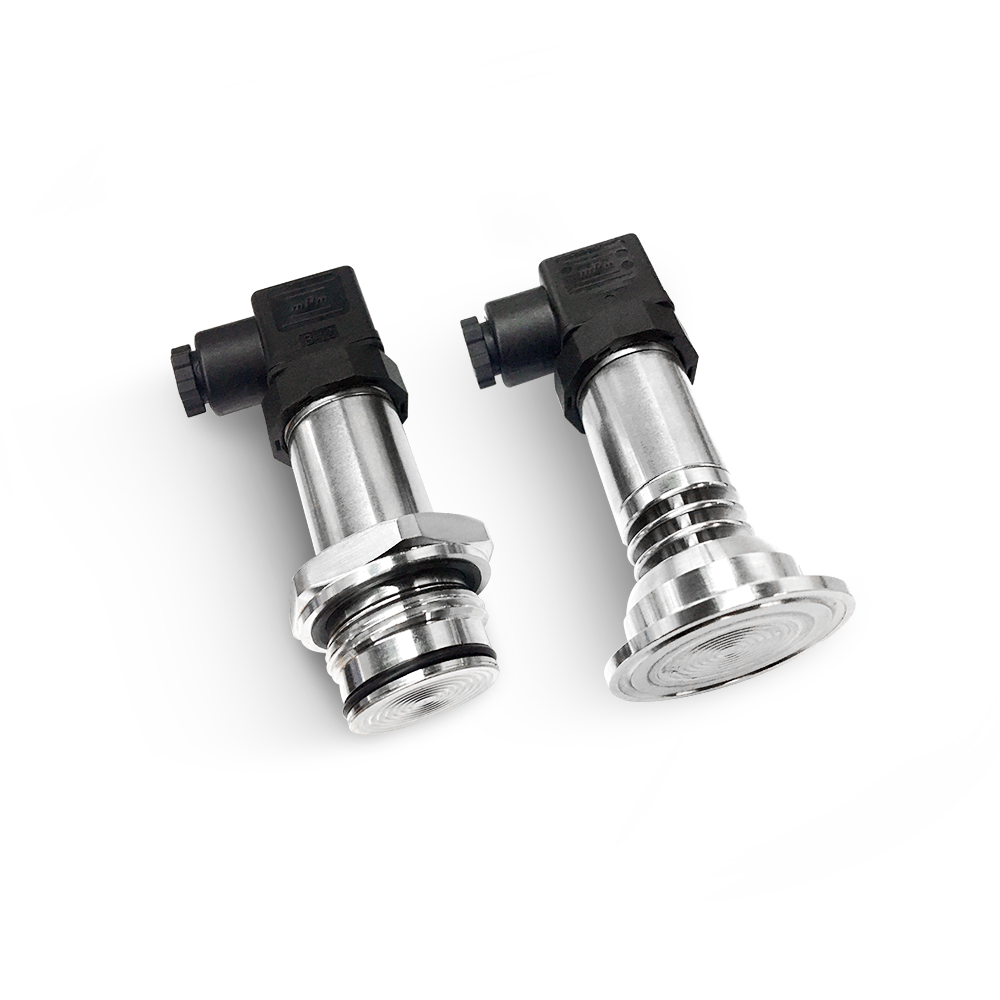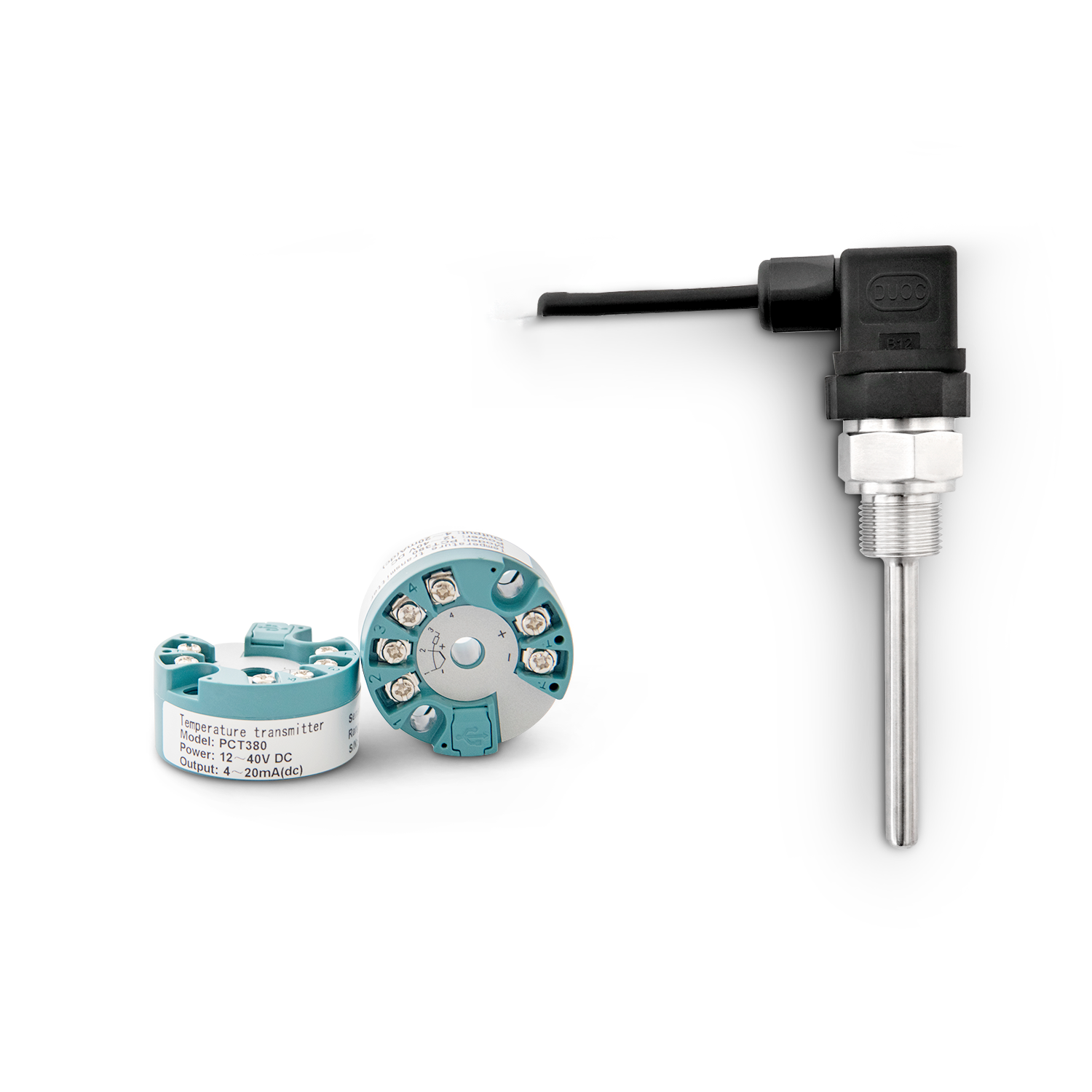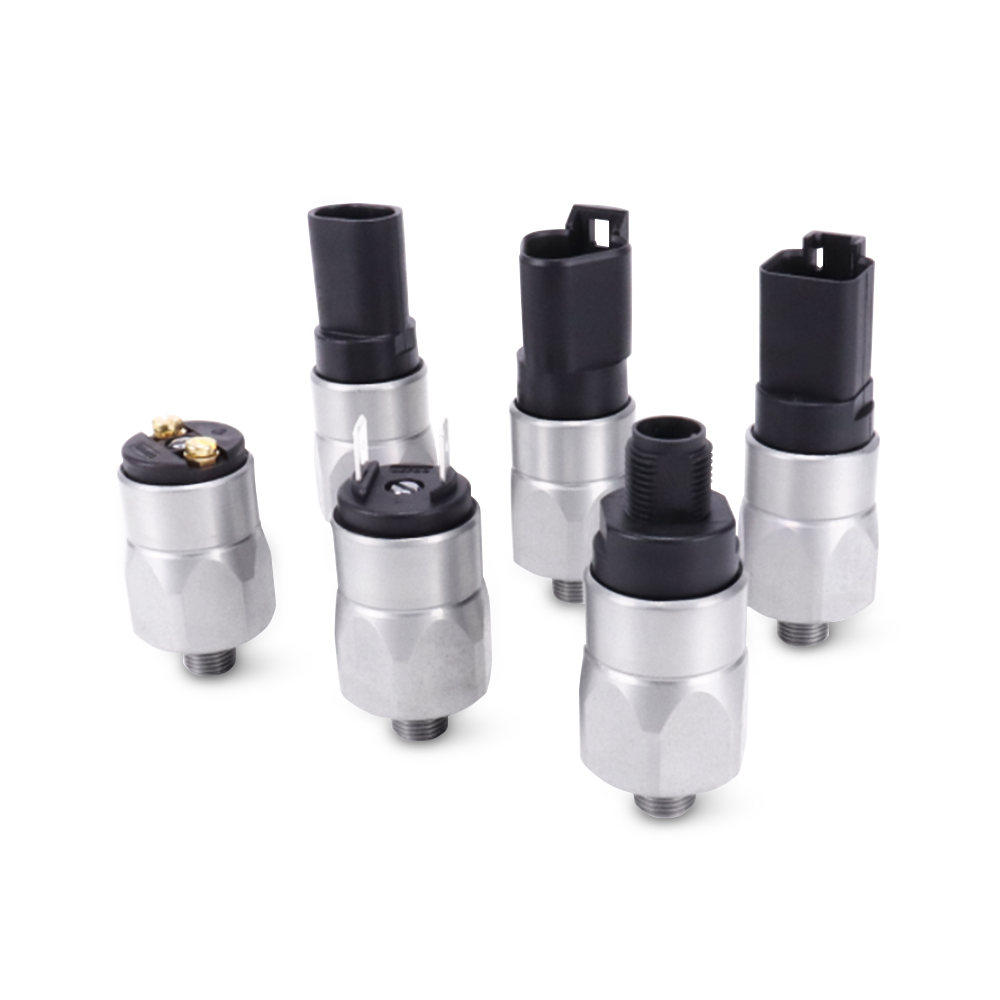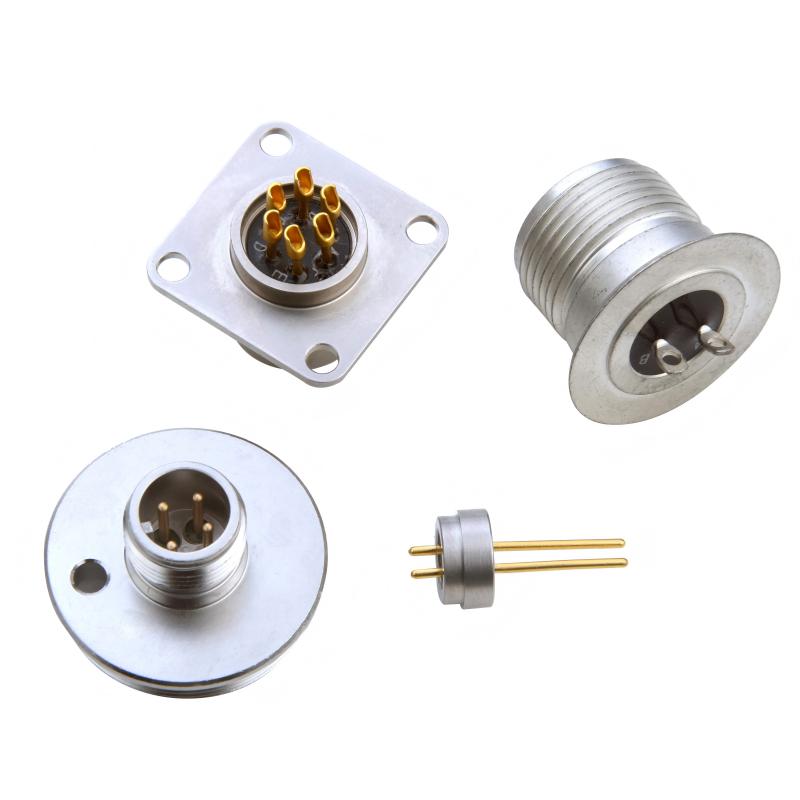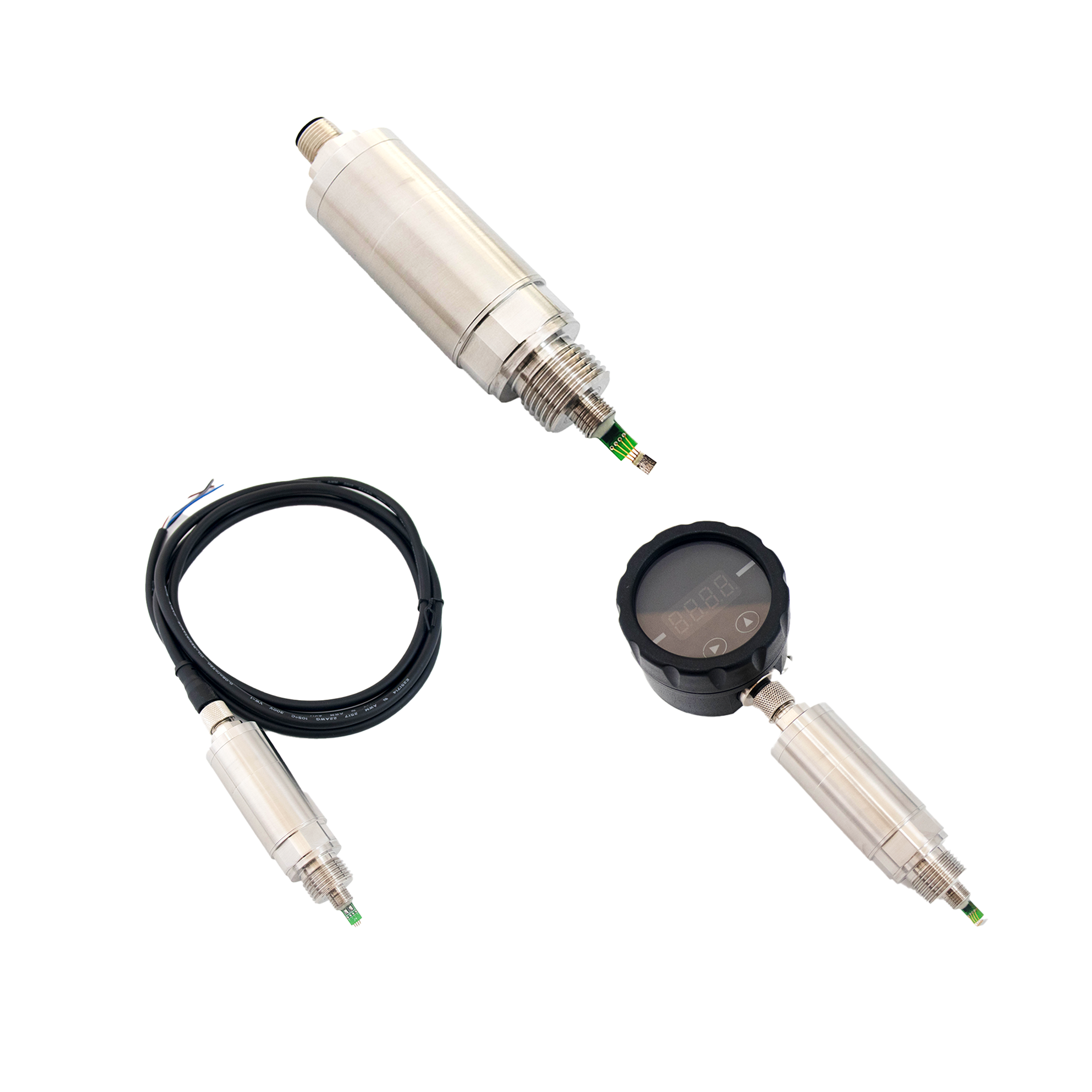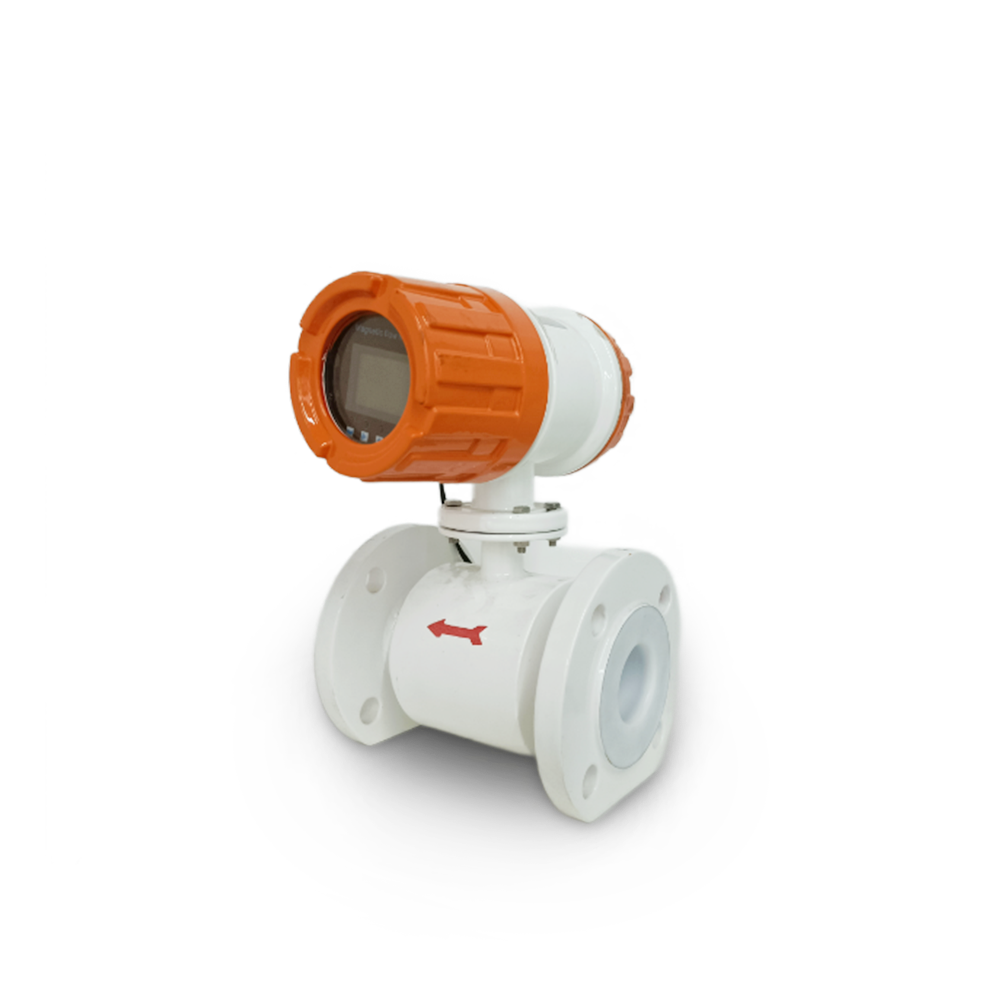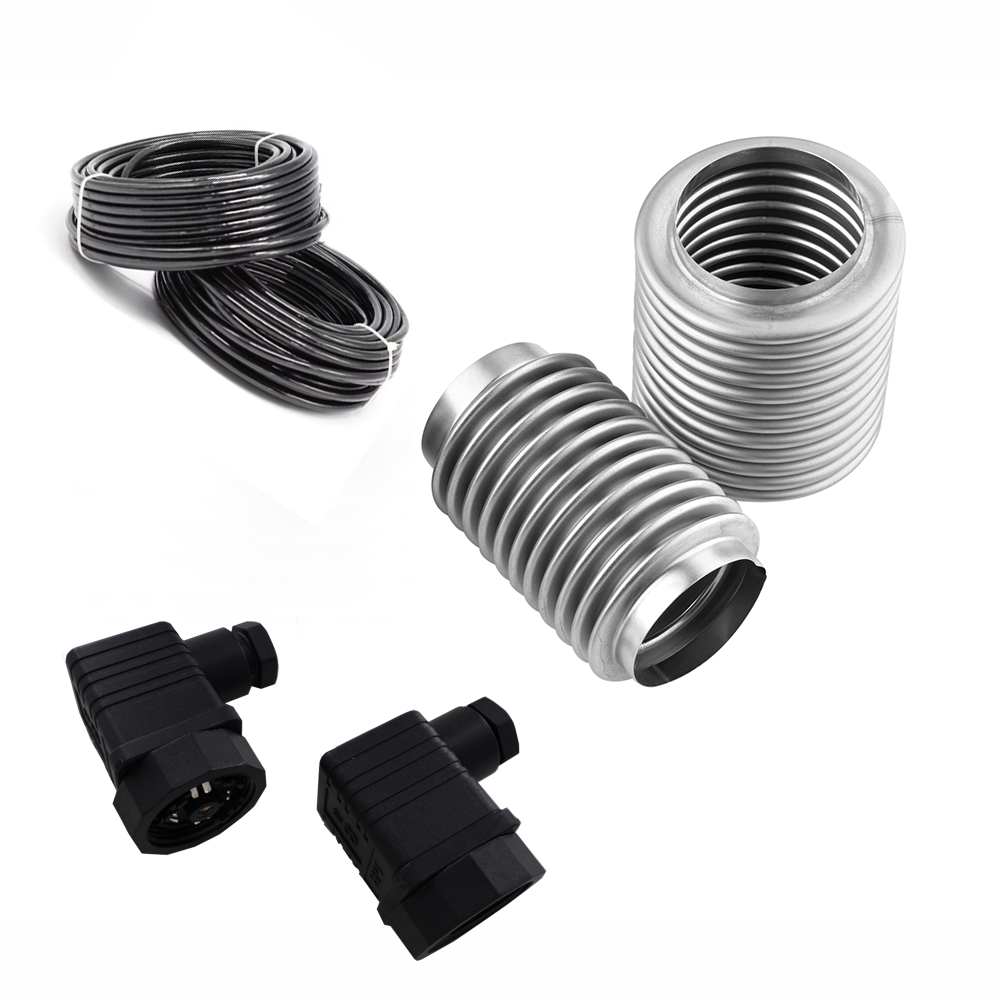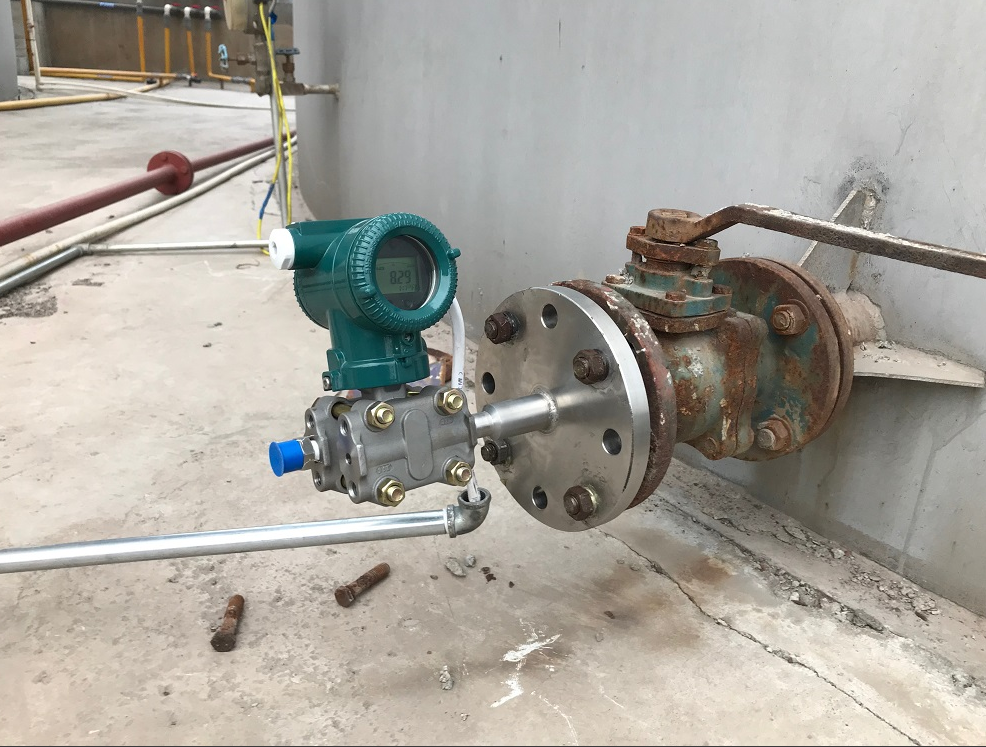Flanged Pressure Transmitters for Industrial Tanks
From: Issued date 2025.08.28 Back
1. Overview of Flanged Pressure Transmitters
A flange, commonly referred to simply as a flange, is a general term typically describing a metal disc with holes punched around its periphery for securing connections to other components. It finds extensive application in mechanical engineering. Due to its diverse shapes and forms, any disc-like metal piece with such features is termed a flange. The name originates from the English word “flange.”
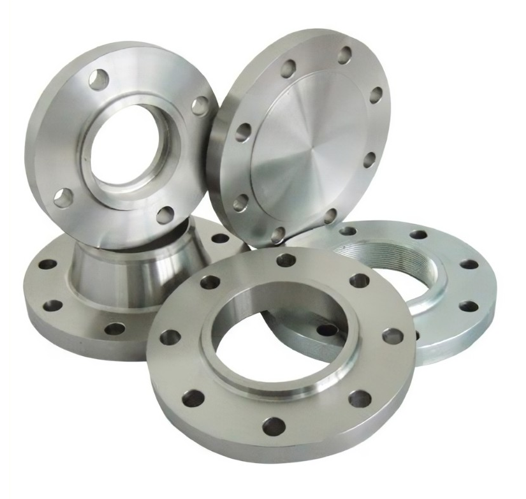
Flange specifications consist of the following components:
① Flange type: e.g., plate-type slip-on flange, flange disc...
② Flange size: typically denoted by DN or inches
③ Pressure rating: typically denoted by PN or class
④ Sealing surface: e.g., raised face, flat face...
⑤ Flange material: 304, 316
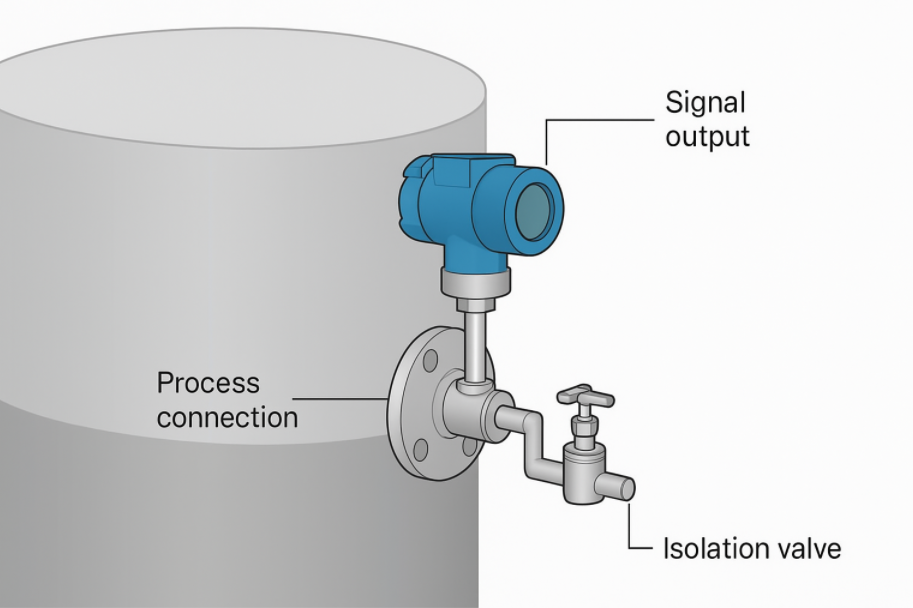
Flanged pressure transmitters are pressure measurement devices with a flanged connection, typically used for direct mounting on tank walls or pipelines. Unlike threaded transmitters, flanged versions provide a secure, leak-proof connection for high-pressure, corrosive, or high-temperature media.
They measure the pressure of liquids, gases, or slurries inside industrial tanks and convert it into an electrical signal (commonly 4–20 mA or digital signals) for monitoring or control.
2. Key Applications on Industrial Tanks
Level Measurement via Hydrostatic Pressure
The most common application is liquid level monitoring.
Hydrostatic pressure at the bottom of a tank is directly proportional to the liquid height:
whereis pressure,is liquid density,is gravitational acceleration, andis liquid height.
Flanged transmitters are installed at the tank bottom or side for accurate level readings in large storage tanks, chemical reactors, or fuel tanks.
Overpressure and Safety Monitoring
Flanged pressure transmitters can detect overpressure conditions in tanks containing gases, vapors, or volatile chemicals.
They help trigger alarms or pressure relief valves to prevent tank rupture.
Process Control in Chemical and Food Industries
In reactors, mixing tanks, and fermentation tanks, pressure measurement ensures consistent process conditions.
Transmitters integrated with control systems help maintain proper mixing, filling, or pressurization.
Corrosive and High-Temperature Media
Flanged pressure transmitters are ideal for aggressive chemicals, slurries, or hot liquids, where threaded connections may leak or fail.
Materials such as 316L stainless steel or Hastelloy are used to withstand harsh tank environments.
3. Installation Considerations
Mounting Position
Ideally installed at the tank bottom for liquid level applications.
Must avoid locations where sediment accumulation or air pockets could affect readings.
Flange Standard
Common standards: ANSI, DIN, JIS, depending on the tank and piping system.
Ensures tight sealing for pressurized systems.
Temperature Compensation
High-temperature liquids can affect sensor accuracy; proper diaphragm and filling fluids are required.
Separation Diaphragms
For viscous or corrosive liquids, a diaphragm seal protects the transmitter and ensures reliable readings.
4. Advantages of Flanged Pressure Transmitters
| Advantage | Explanation |
|---|---|
| Leak-proof connection | Flange provides stronger sealing than threaded connections, suitable for high-pressure or hazardous media. |
| High durability | Can withstand harsh chemical or high-temperature environments. |
| Easy maintenance | Transmitters can be replaced without emptying the tank if using proper isolation valves. |
| Accurate level measurement | Ideal for tall or large-diameter tanks due to stable hydrostatic measurement. |
5. Typical Industries
Petrochemical: Oil storage, fuel tanks, chemical reactors.
Food & Beverage: Dairy tanks, fermentation vessels, syrup storage.
Water & Wastewater: Large water storage tanks, sludge monitoring.
Pharmaceuticals: Reactors, sterilization tanks with strict hygiene requirements.
Power Generation: Fuel and chemical storage tanks in power plants.
Flanged pressure transmitters are essential for accurate, reliable, and safe pressure or level measurement on industrial tanks. Their secure flange connection, compatibility with harsh media, and integration with automation systems make them a preferred solution for industries where precision and safety are critical.
This article Tags: pressure sensor pressure transmitter
Back to List
